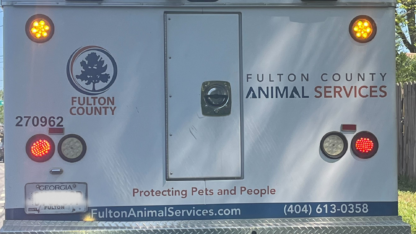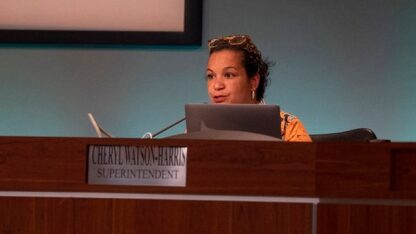Georgia Film Industry Means Big Boost for Micro-Niche Businesses
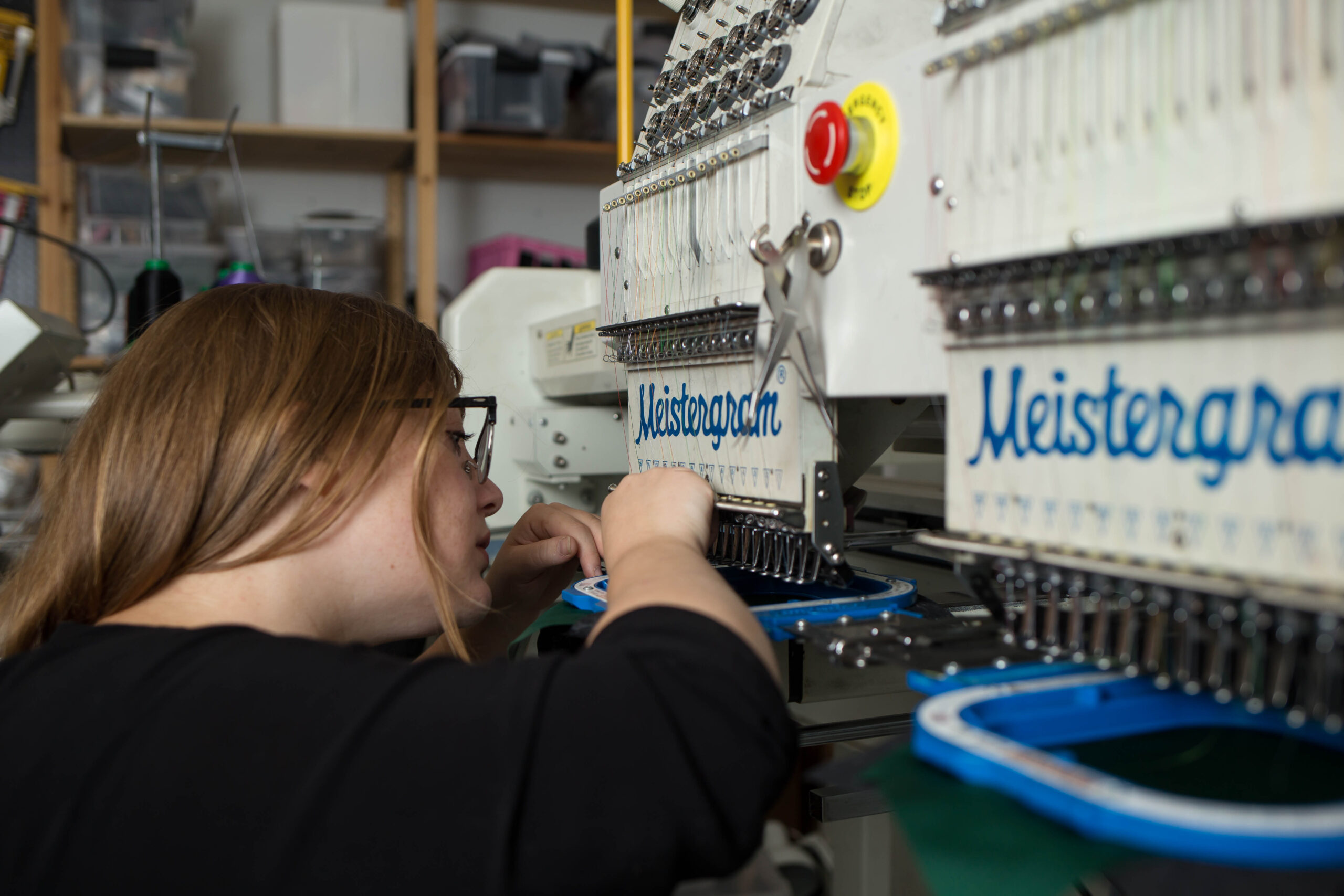
For the past three years, Katie Culp has watched her embroidery business take off as a result of the production boom in Georgia.
Ian Palmer / WABE
Kelley Knight owns Modern Mystic, a metaphysical store that specializes in the spiritual, located on the second floor of Ponce City Market.
Her shop began as a small tarot studio before blooming into a bigger retail space inside Paris on Ponce, and she credits the influx of people in film to the city for helping her business grow.
“From my own personal tarot business, I started getting more clients from the film industry, people coming in from Los Angeles,” Knight says. “Some were actors, but also people that were in costuming and set design, and I took off, referral wise.”
Business Growth
It’s been 10 years since Georgia passed the Georgia Entertainment Industry Investment Act, and with it the 30 percent tax credit that brought big Hollywood productions to the streets of Atlanta.
Film and television productions shot in the state as a result of that credit had an economic impact of over $9 billion in fiscal year 2017 alone, and represented $2.7 billion in direct spending for the state, according to Gov. Nathan Deal’s office and the Georgia Department of Economic Development (GDEcD). The state’s film industry has also meant an increase in infrastructure spending and a boost to many local economies.
It’s not surprising to see such substantial growth in industries like catering and camera operation as a result of the production boom. More unexpected, though, is the big boost film and television is bringing to smaller, independently owned businesses that occupy space in micro-niche industries, like Knight and Modern Mystic.
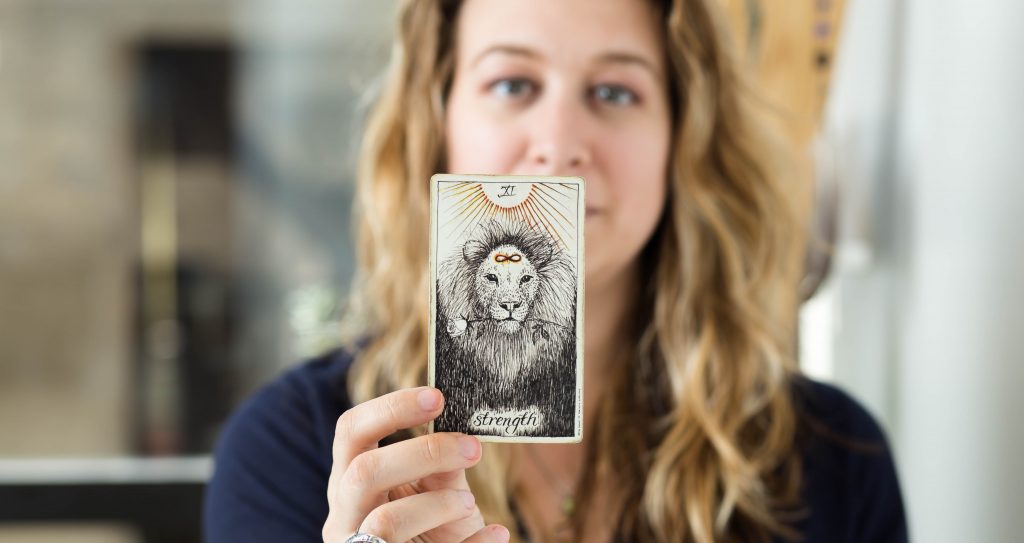
“The great thing about the film industry is that such a wide range of services and skill sets are needed,” said GDEcD senior communications specialist Emily Murray in an email. “The breadth of the impact is enormous — equipment vendors, florists, caterers, hotels, landscapers, prop houses, graphic designers, accountants, construction services, hair and makeup, set dressing. The list goes on and on.”
‘They Get To Know Us’
Set designers and production crews began coming into Knight’s shop to buy crystals and other goods as wrap gifts once a production was completed.
“We’d have to make 30 bundles of this or that,” she says. “And we started seeing a lot of A-list celebrities, even in our little place on Paris on Ponce.”
The great thing about the film industry is that such a wide range of services and skill sets are needed. The breadth of the impact is enormous — equipment vendors, florists, caterers, hotels, landscapers, prop houses, graphic designers, accountants, construction services, hair and makeup, set dressing.
Emily Murray, GDEcD senior communications specialist
That increase in customers helped Knight’s place grow into a full-fledged permanent retail space inside Ponce City Market that she co-owns with her husband Brandon. They now offer classes; tarot, palm and medium readings; shelves of crystals, tarot cards, books, essential oils and supplements, esoteric home goods and jewelry.
And folks from the film industry are still some of her best clients, becoming repeat customers even when they go back to the West Coast.
“How it’s translated for us, which is really interesting, has been to online sales,” she says. “I’m noticing more and more that the packages we’re sending are to California and LA. They come in and they get to know us, and then they continue to purchase from us online.”
Filling A Need
Katie Culp, owner of small-scale industrial embroidery operation TulipCake, has experienced similar growth.
Culp’s company specializes in hand-manufactured patches and garments for the film industry. She began her career in costuming, but when feature film and television production started taking off in the city, she saw a need and knew her seamstress skills could fill it.
“We came into business specifically for the industry and with the film industry in mind,” says Culp. “I was a seamstress and a digital nerd, and I had always wanted to have an embroidery operation. I just started playing around with that concept.”
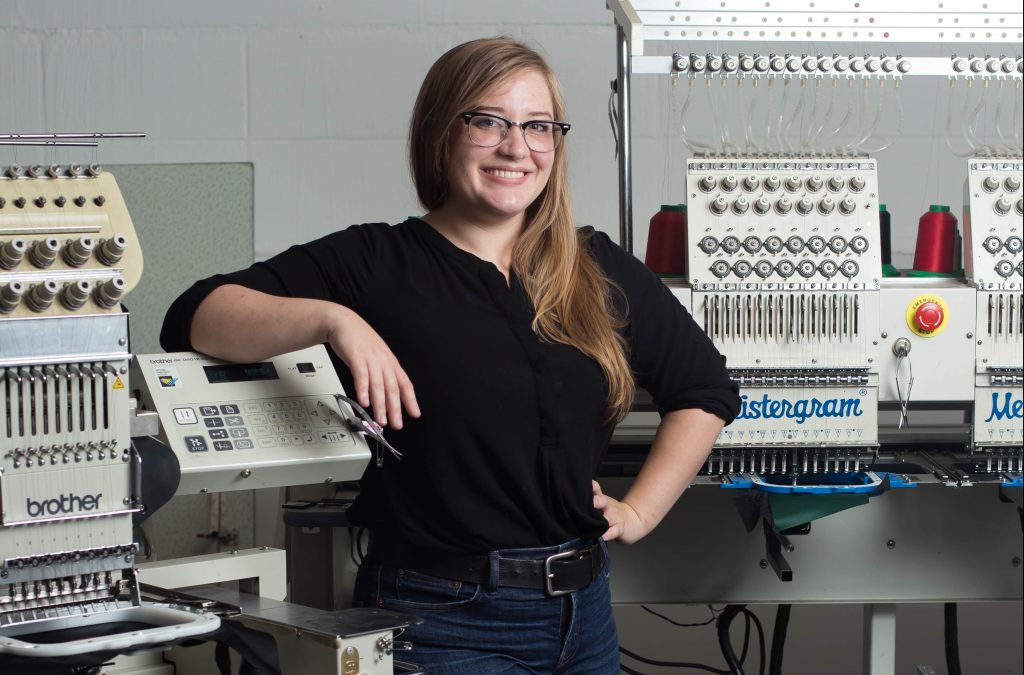
Costumers began coming to her needing a nametag for a costume shirt, or patch or hat embroidered for a character or extra on a show. As a smaller-scale company, Culp was able to fill their needs in a way that traditional embroidery companies couldn’t, due to their minimums and long turnaround times.
For the past three years, Culp has watched her business take off as a result of the production boom, and the majority of her client list now is taken up by film titles, commercials and television pilots.
“The client list is getting longer, week by week, month by month, and I’m very proud of that,” Culp says.
Not only because it’s turned her creative passion into a thriving, viable business, but also because there’s something dreamy about knowing that what she’s making is helping to tell a story to a national audience.
“It’s great to contribute something that’s going to be so visible,” she says. “…I’m more of an artist, so I tend to think of it from a passion perspective. But [besides that], the film industry, it’s a $15 billion industry in Atlanta. You can’t ignore that.”
Career Sustaining
Makeup artist Jennifer Denise can’t ignore it, either.
She does production makeup, and while it may not be surprising that her clientele has grown alongside the growth of the television and movie industries in the state, it is noteworthy that just like Culp, she’s been able to take a side hustle that she worked on in between other part-time jobs, and turn it into gainful, full-time employment.
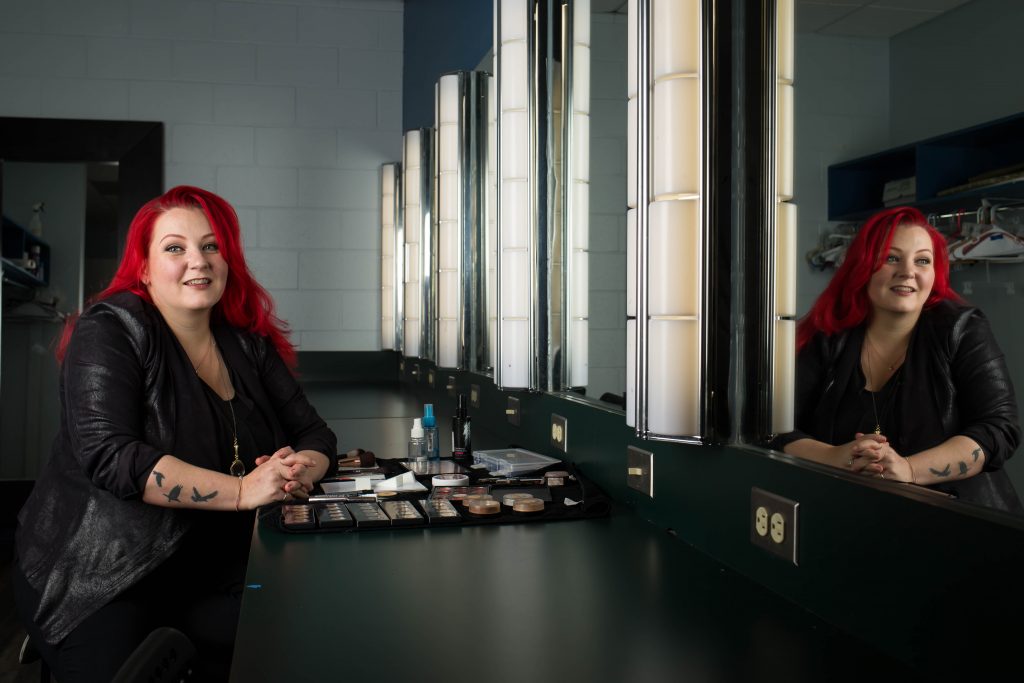
“The jobs that are created through the [film] tax incentive are good jobs,” she says. “I can pay my mortgage with my job. These jobs are career-sustaining.”
She started doing makeup 10 years ago, but it’s been in the last five that she’s most strongly felt the impact of Georgia film.
“I would say within the last five years is when I was able to quit my other job, and be able to afford to do this and make a decent living,” she says. “Five years ago, I would work maybe three or four times per month. Now it’s four times that.”
Aside from helping small businesses grow financially, growth in Georgia production has also helped strengthen film industry unions, says Jennifer Denise. There’s a better standard for daily rates for makeup and other artists in the industry and better working conditions on sets.
‘Doubling Down On Atlanta’
Georgia film is helping Atlanta and the state create space for small, local businesses to thrive.
Economic growth as a result of film and TV production also means that people like Knight and her Modern Mystic Shop probably won’t be leaving the city any time soon.
“I feel very embraced by the Atlanta community,” Knight says. “There was a time not too long ago before I opened this store that I was thinking about moving. But I realized that I wasn’t getting anything out of Atlanta because I wasn’t contributing. The more I put into this city and this community, the more I get back. So I’m doubling down on Atlanta.”
Correction: This report has been updated with the correct spelling of Kelley Knight’s name.




